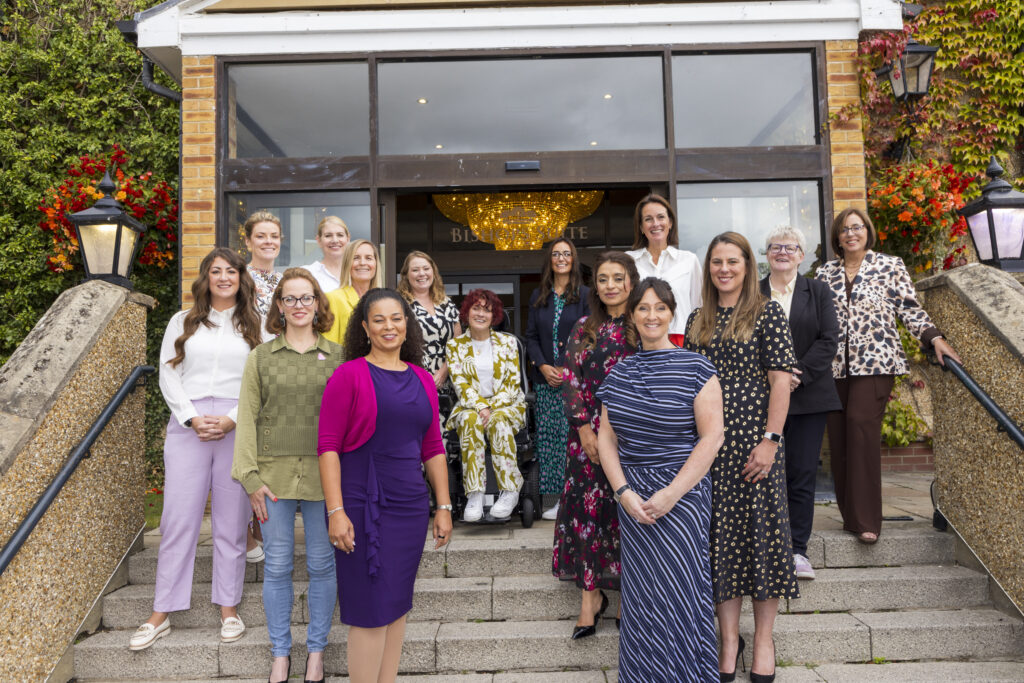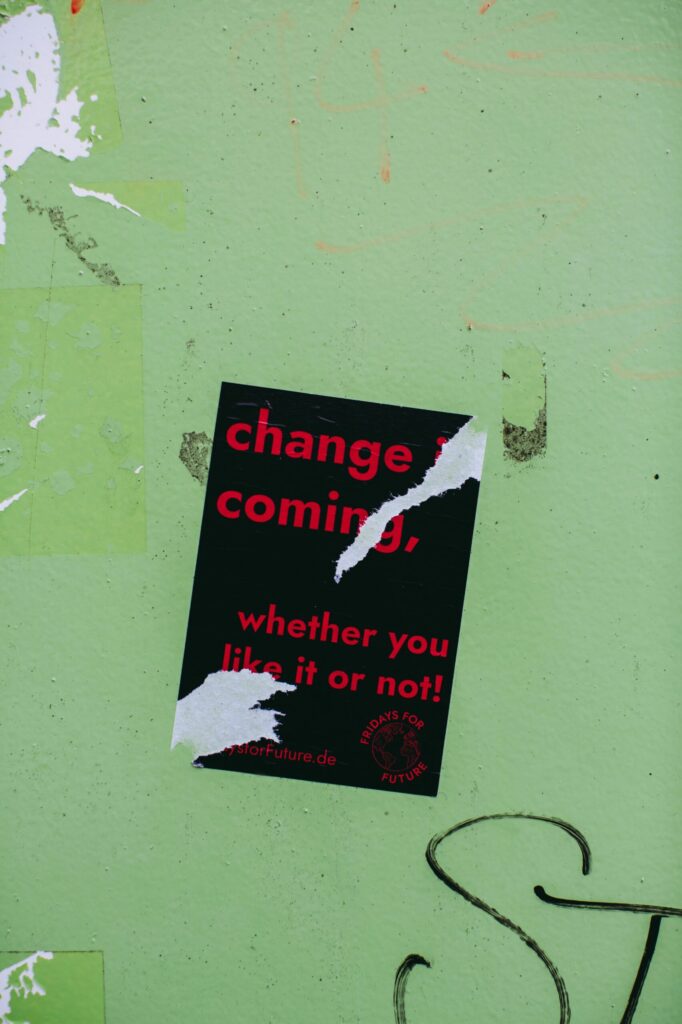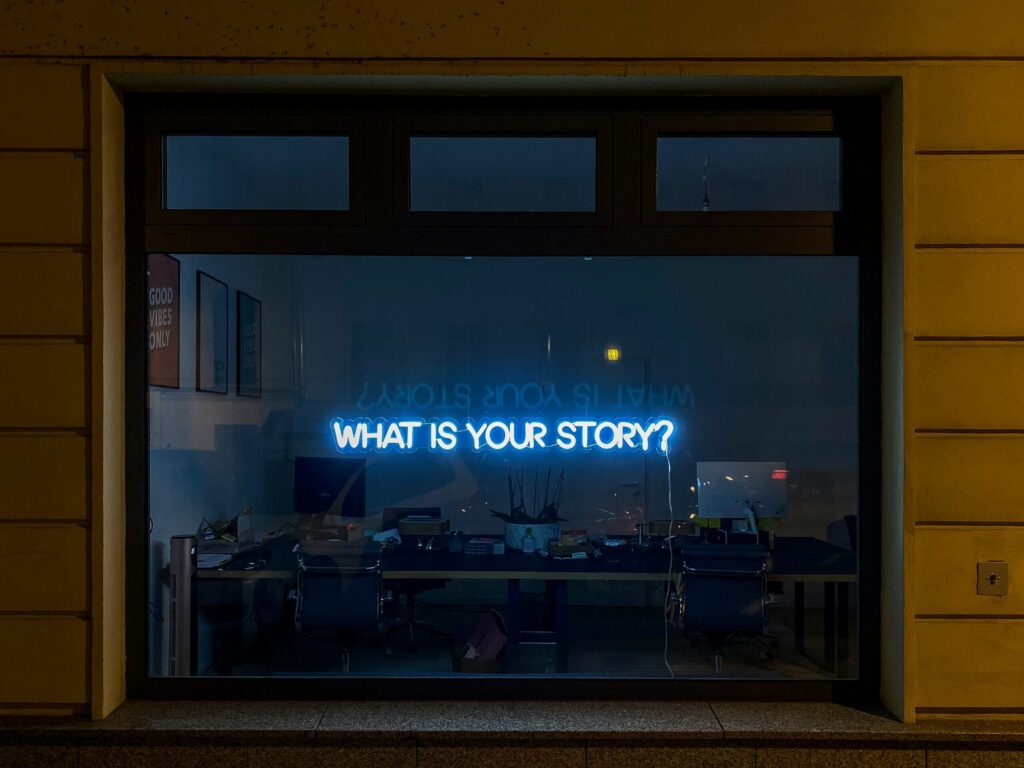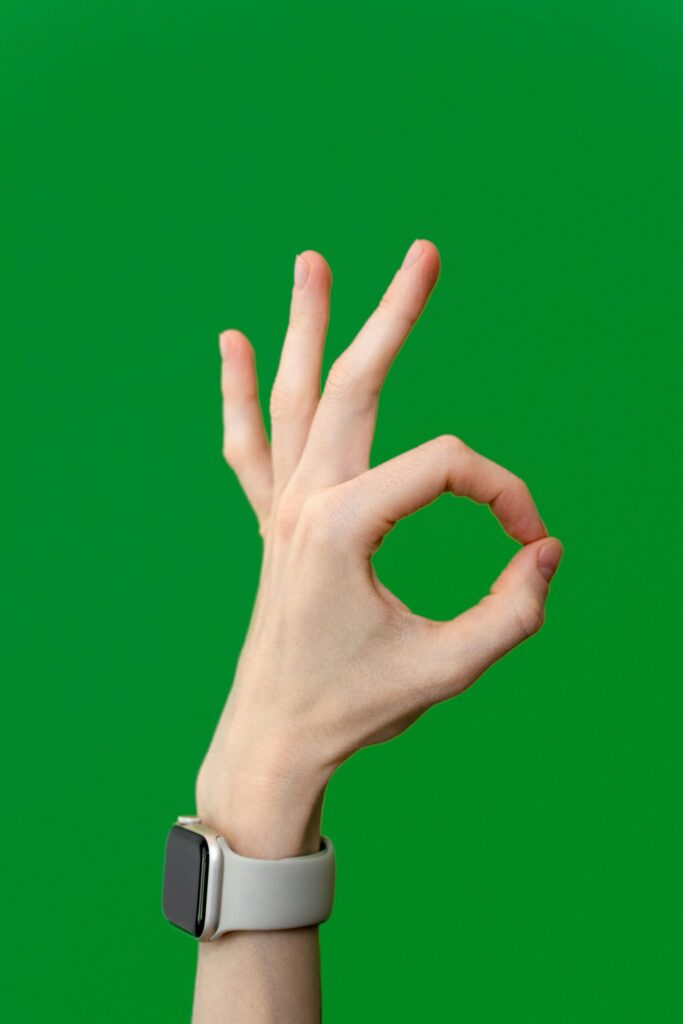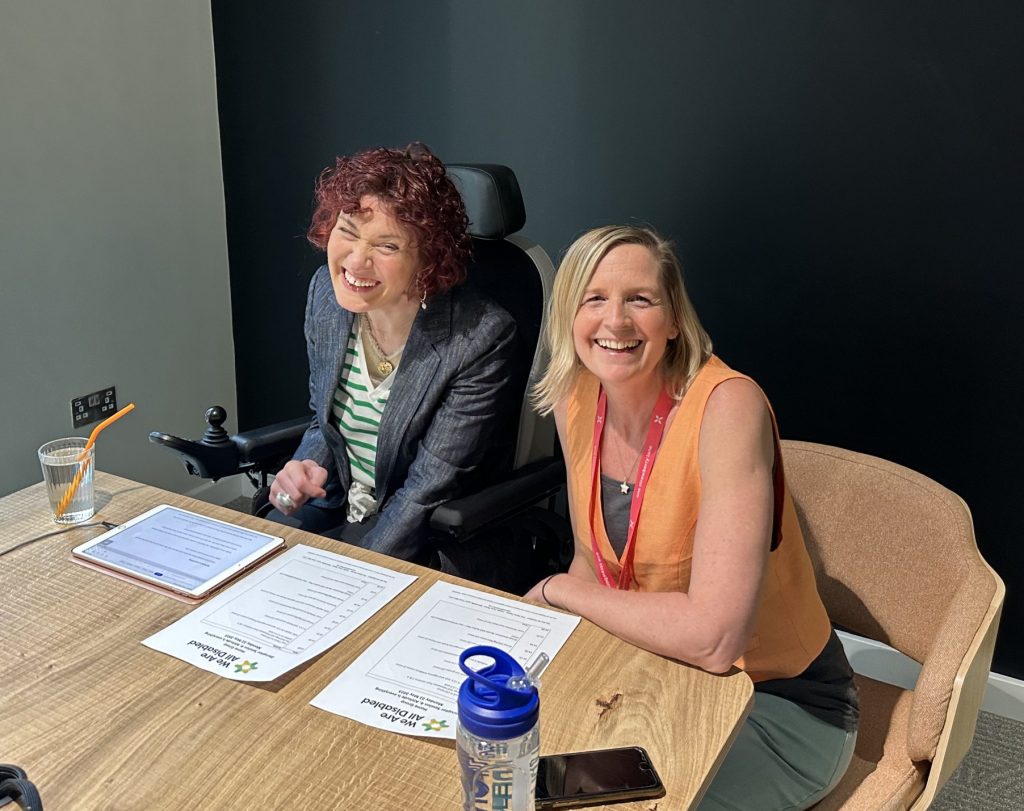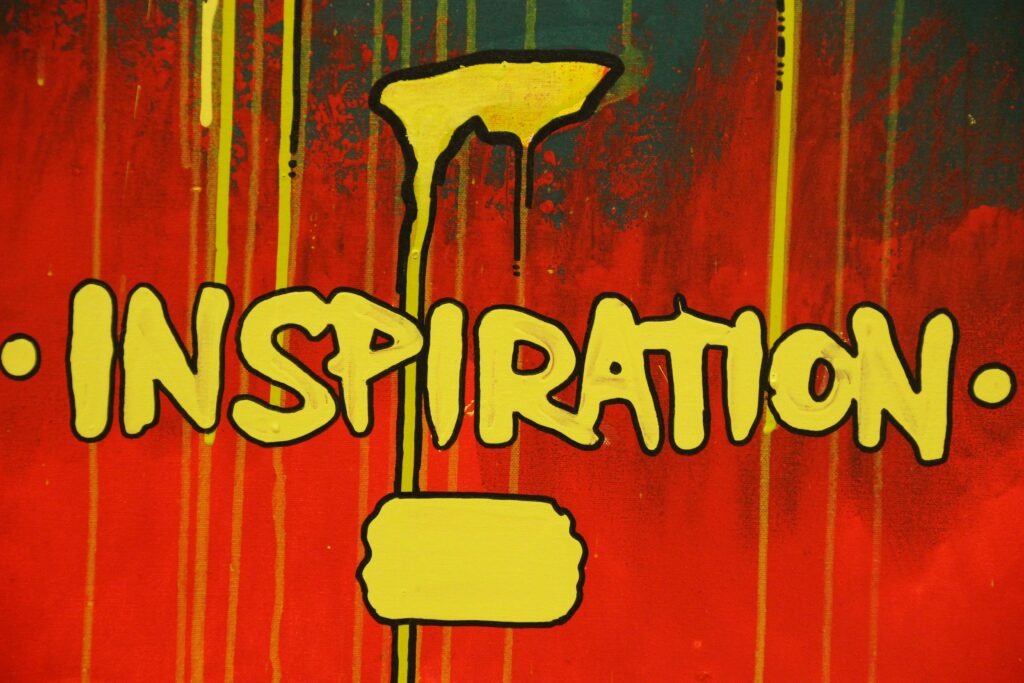This week celebrates National Inclusion Week and to mark it, I would like to offer you an insight into the ways that the perceptions of disability can influence disability inclusion.
Almost all of us have felt excluded from something at some point in our lives and I’m sure we’d all agree, feeling like the ‘odd one out’ is not pleasant.
The latest tightening of restrictions due to Covid have meant we’re once again prevented from fully participating in society and our normal routines of socialising with family and friends. Whilst this is upsetting and inconvenient, it’s not a permanent situation.
However, for me and other disabled people, being marginalised from society is a fact of life and something we have to learn to live with every day of our lives.
As someone who is passionate about challenging and changing perceptions of disability, National Inclusion Week is important to me. It is an opportunity to embrace and celebrate our differences and to open up conversations to challenge preconceived ideas around disability.
One of the key areas where I hope to be able to help bring about positive and lasting change is in the workplace. Already, due to the Covid pandemic and developments in technology, homeworking is providing a fantastic opportunity for disabled people to be included in the workplace.
However, there are still many barriers, many of which I’ve encountered myself as a disabled person.Some things are practical; like certain buildings or rooms being inaccessible, or not being able to write to take notes during meetings.This is frustrating as I have always had to adapt to either remembering things or ask people to follow up in an email.
Other things are more emotive and, whilst many organisations now have a more inclusive culture, I believe that there is a still embarrassment, fear and awkwardness towards disabled people because of the way that disability is perceived. This impinges on equality in the workplace as, for example, colleagues will avoid engaging with disabled people for fear of saying or doing the wrong thing and causing offence.
What I particularly like about National Inclusion Week is the opportunity to speak openly to people and inform them about my disability. For example, I have a Personal Assistant and there is often confusion around their position for the people who don’t know me. As my speech is affected by my cerebral palsy, it gives colleagues the opportunity to understand that this is due to difficulty coordinating my muscles rather than not knowing what I want to say.
It’s really great that companies are embracing opportunities to have these kinds of discussions and conversations and I’m very much looking forward to appearing as a panelist for the disability confidence company, Virgin Money later this week.It’s their first virtual ‘Ask me Anything’ session in which they’re looking to explore perceptions and highlight barriers.
For perceptions of disability to change we have to challenge preconceived ideas and unintentional attitudes towards disability.And it is opportunities like this that that give disabled people a voice which will disarm the barriers of disability and promote inclusivity.
What Does National Inclusion Week mean to you?
What could help you in the workplace to promote inclusion?
Photo by Dan Meyerson Unsplash

